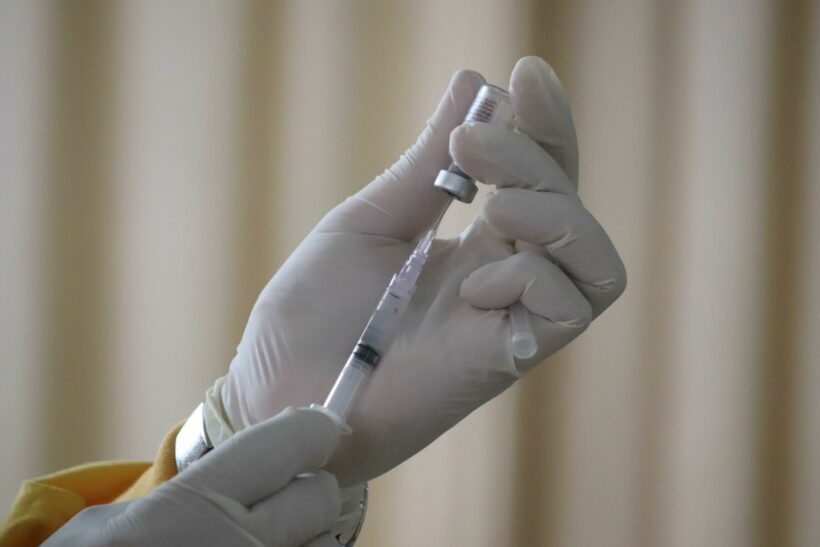Canada launches vaccine campaign against monkeypox

Quebec is the first Canadian province to launch a vaccine campaign against monkeypox, specifically aimed at ‘high-risk’ people who have been exposed to the virus.
Over 800 Quebecers have been vaccinated with the Imvamune smallpox vaccine so far, which can build immunity against monkeypox, according to Canadian public health officials.
So far, 90 cases of monkeypox have been recorded in Quebec, mostly centred in the city of Montreal. Elsewhere in Canada, 5 cases have been recorded in Ontario and 1 in Alberta.
“We’re vaccinating in a very targeted way. So we vaccinated people that had high-risk exposure in the last 14 days,” says Montreal Medical Officer for Health Emergencies and Infectious Diseases Dr. Genevieve Bergeron.
Monkeypox is not classified as a sexually-transmitted disease but can be spread through sexual contact, said the doctor.
Anyone who shows symptoms of monkeypox – fever, headache, muscle aches, exhaustion, swollen lymph nodes, sores and puss-filled skin lesions – should self-isolate and notify those who they have been in contact with, the doctor added.
According to the World Health Organisation, the monkeypox virus is a rare viral infection similar to human smallpox. So, the smallpox vaccine – which hasn’t been routinely offered in Canada in decades – can be used to build immunity against monkeypox. Immunity is built within 7 – 10 days after the vaccine is administered.
Dr. Caroline Quach, chair of Quebec’s immunisation committee, said that the vaccine was approved in 2020 for the prevention of smallpox and other orthopox viruses. She said it has shown to prevent monkeypox in animal studies.
The vaccine should ideally be administered within 4 days of exposure to the virus, but could be administered up to 2 weeks after, added the doctor…
“Data have shown that if you give it within 4 days, you have a very good effectiveness in preventing the illness… if you administer between Day 5 and 14, it might not prevent the disease, but it might modify the evolution.”
SOURCE: Montreal Gazette
Latest Thailand News
Follow The Thaiger on Google News:


























